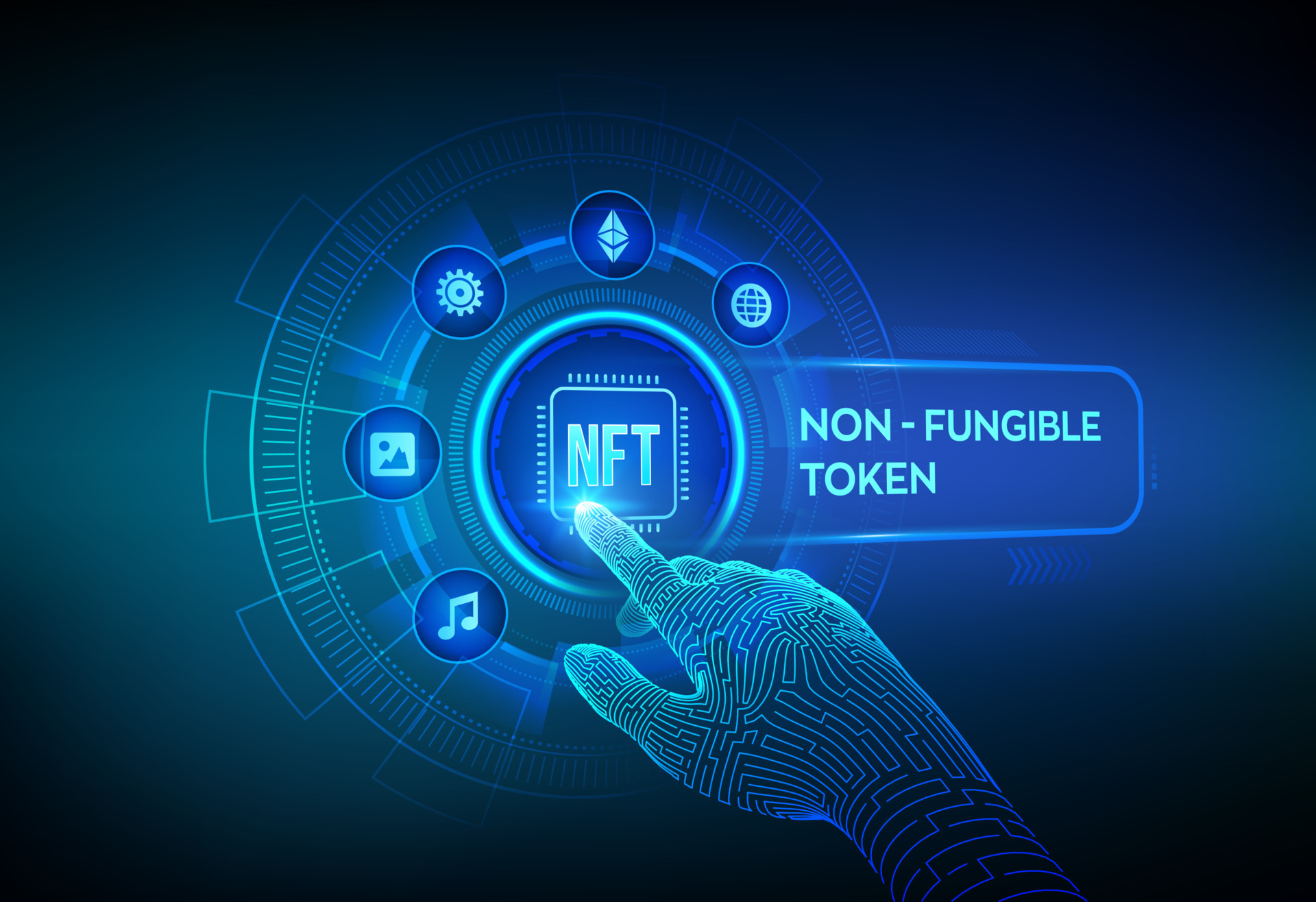NFT stands for Non-Fungible Token, which is a unique and indivisible digital asset that represents ownership of a unique item, such as art, music, videos, and collectibles. NFTs are stored on blockchain technology, which is a secure, decentralized ledger that allows for the creation, transfer, and ownership of unique digital assets.
What sets NFTs apart from other digital assets is their uniqueness and scarcity. Unlike fungible tokens, such as cryptocurrencies like Bitcoin, which are interchangeable with other tokens of the same value, NFTs cannot be replicated or divided into smaller units. Each NFT is a one-of-a-kind item with its own unique value and ownership history.
One of the main benefits of NFTs is that they provide a new way for artists, musicians, and creators to monetize their work. By creating and selling NFTs of their work, artists can receive direct payment for their creations without having to go through intermediaries. Additionally, NFTs provide a secure way for buyers to own and collect unique digital assets, as the ownership and authenticity of NFTs are recorded on the blockchain.
Another benefit of NFTs is that they can bring new life to old and forgotten digital assets. By adding scarcity and uniqueness to these assets, they can be re-appreciated and given new value, making them desirable to collectors and enthusiasts.
Here are some features of NFT:
- Unique and Indivisible: NFTs are unique and cannot be replicated or divided into smaller units. Each NFT is a one-of-a-kind item, making them highly sought after by collectors and enthusiasts.
- Ownership and Authentication: NFTs provide a secure way for buyers to own and collect unique digital assets. The ownership and authenticity of NFTs are recorded on the blockchain, providing a secure and transparent record of their own history.
- Decentralized: NFTs are stored on a decentralized blockchain, which means they are not controlled by any central authority or company. This provides a secure and transparent way to store and transfer ownership of NFTs.
- Monetization: NFTs provide a new way for artists, musicians, and creators to monetize their work. By creating and selling NFTs of their work, artists can receive direct payment for their creations without having to go through intermediaries.
- Accessibility: NFTs can be easily bought and sold on various marketplaces, making them accessible to a wide range of people. They are also easily transferable, making it easy to transfer ownership of NFTs from one person to another.
- Immutable: The ownership and authenticity of NFTs are recorded on the blockchain and cannot be altered, providing a permanent record of their ownership history.
In conclusion, NFTs are a revolutionary new way of owning and monetizing unique digital assets. They provide a secure and decentralized way to store and transfer ownership of digital items, giving creators a new way to earn a living and giving buyers a new way to collect unique digital assets. NFTs are a versatile and valuable tool for artists, musicians, and collectors. Their unique and indivisible nature, secure ownership and authentication, decentralized storage, monetization potential, accessibility, and immutability make NFTs a valuable and sought-after asset.
